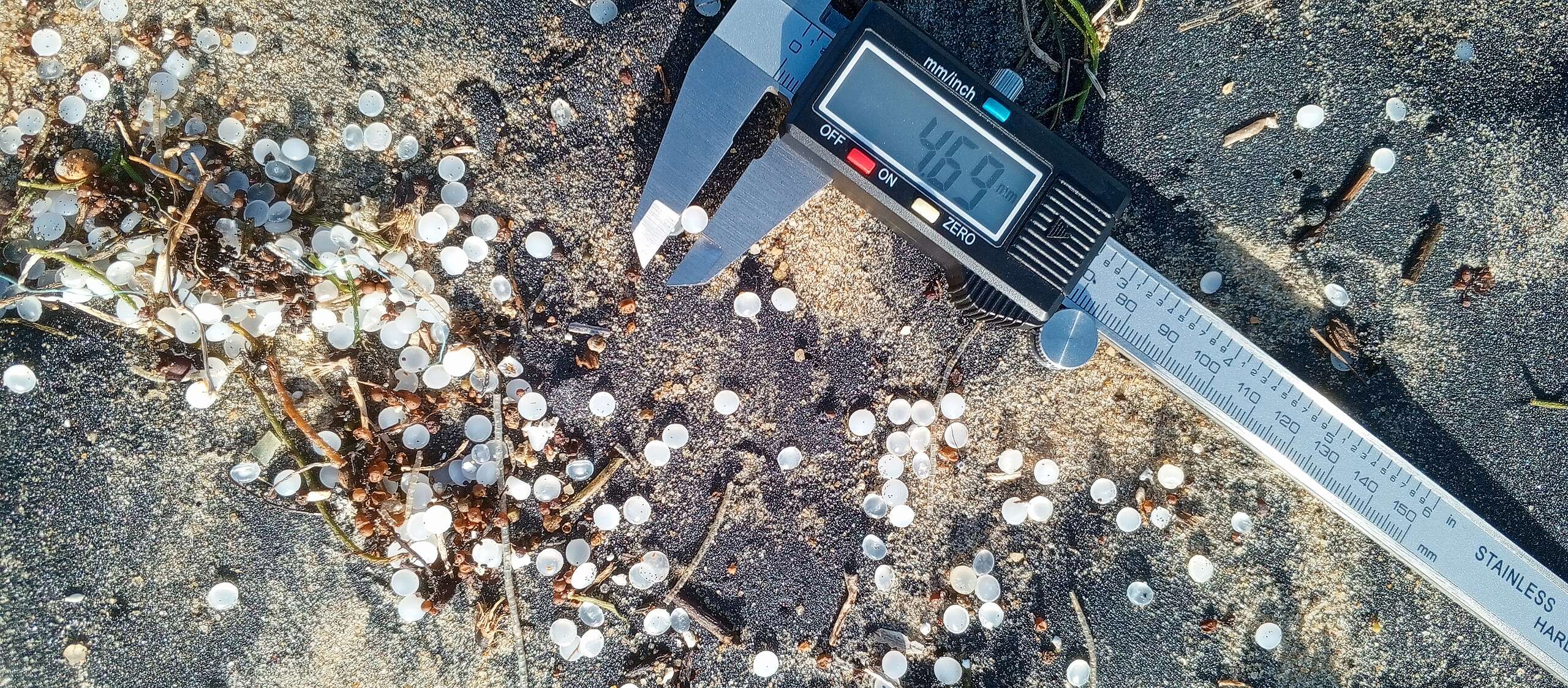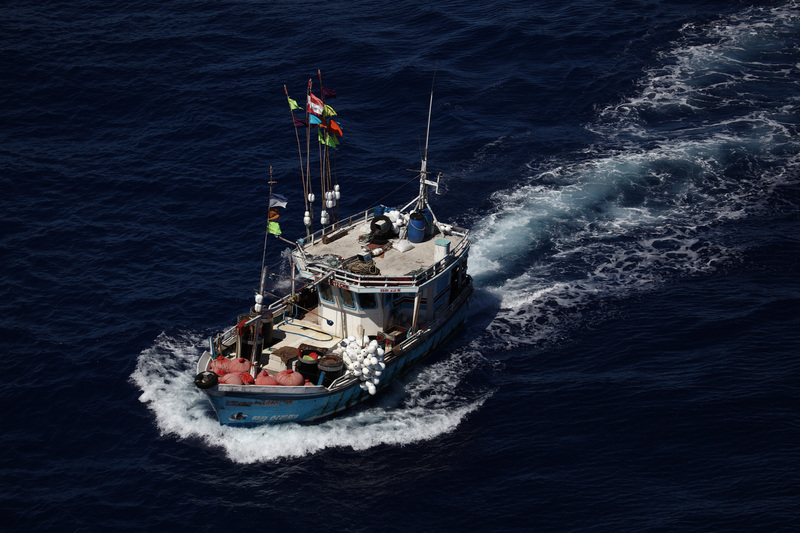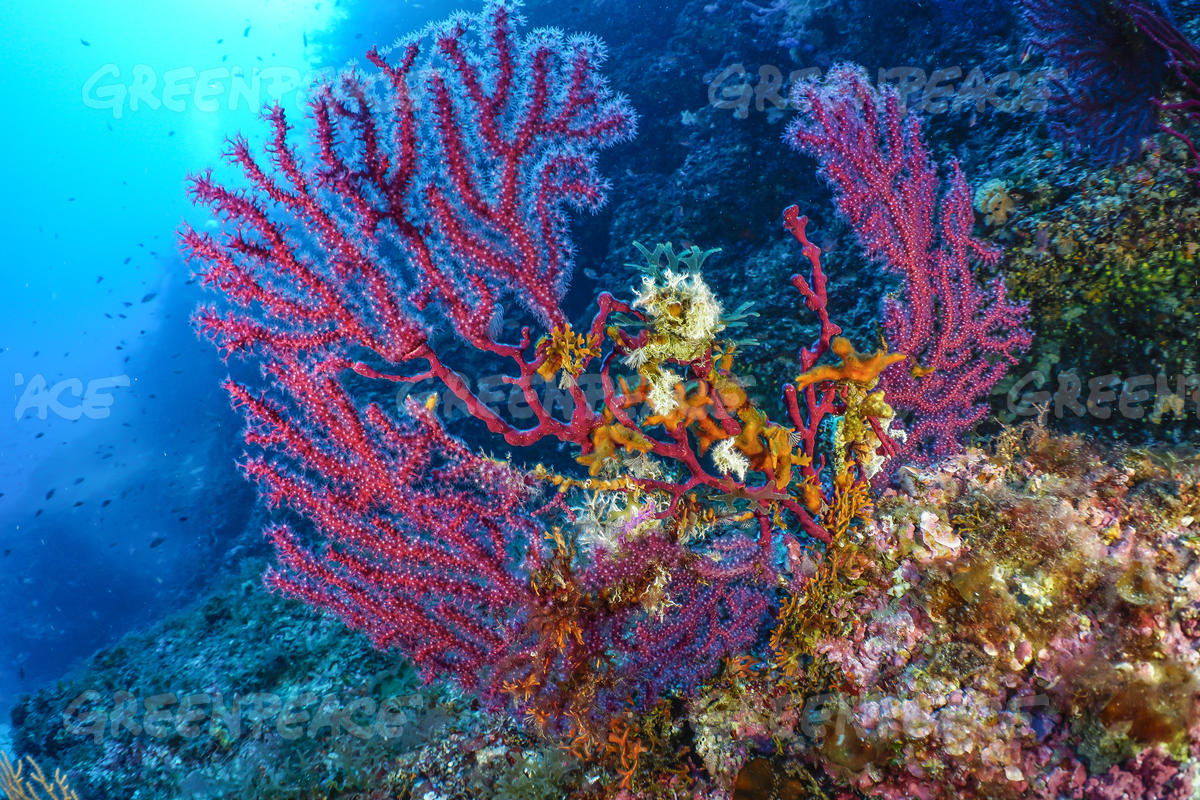30th September 2024. India, Bangladesh and the Maldives have taken historic steps for the protection of our oceans at the UN General Assembly closing today in New York, with India signing the Global Ocean Treaty, (also known as the High Seas Treaty or Agreement on Biodiversity Beyond National Jurisdiction – BBNJ) and Bangladesh and the Maldives completing their ratification process at the UN Treaty Event.
Avinash Chanchal, Campaign Manager at Greenpeace South Asia said: “India, the Maldives and Bangladesh have shown international leadership for marine biodiversity conservation as this new Treaty will allow the creation of large protected areas on the High Seas, beyond 200 nautical miles (or 370 kilometers) from the coastlines. Such large sanctuaries on the High Seas will allow the recovery of marine life, increase its resilience to climate change, and support the livelihoods of millions of people in the region.”
The Global Ocean Treaty, adopted in June 2023, will enter into force when at least 60 governments have written it into their national law and, as of today, only thirteen countries have completed the ratification process [1]
“India and other South Asian countries now need to prioritize ratification of the Global Ocean Treaty and step forward as a regional driving force to implement bold measures for biodiversity protection and climate change mitigation”, says Avinash Chanchal.
This year, the wider South Asia region has again suffered from extreme weather events causing too many casualties, meanwhile, industrial overfishing, pollution and climate change impacts, such as rising sea levels and temperature, are dramatically affecting coastal fisheries and livelihoods. Oceans and Climate are connected and supporting one another. Government leaders need to understand it and start protecting ecosystems that can best mitigate climate change and secure a sustainable future for all. Protecting the wide Ocean with a Global Treaty to create large scale sanctuaries on the High Seas is a good start, and one within reach.
Anita Perera, Greenpeace South Asia Campaigner in Sri Lanka added: “While most other South Asian countries are committing to Ocean protection, it is important that Sri Lanka, as an island nation, also steps in. The country has just chosen a new President and we urge him to join this positive dynamic in favor of our ocean and climate.”
Now is the time to make history. Greenpeace South Asia is calling on all states in the region to ratify the Global Ocean Treaty to safeguard ocean biodiversity, support climate change mitigation and the future of the next generations.
Notes to editors
[1] Palau, Chile, Belize, Seychelles, Monaco, Mauritius, Federated States of Micronesia, Cuba, Singapore, the Maldives, Bangladesh, Barbados and Timor-Leste.
See the High Seas Alliance ratification tracker: https://highseasalliance.org/treaty-ratification/
Full list on the UN website here.
Greenpeace also created an interactive map where ratification of the treaty can be monitored, along with threats toon the oceans and suggestions for marine protected areass .In September 2023, Greenpeace International published 30×30: From Global Ocean Treaty to Protection at Sea. The report explores how cumulative pressures on the high seas are increasing and sets out the political process to deliver protection for the global oceans.
A petition has been launched by Greenpeace South Asia to call on governments to rapidly ratify the UN Ocean Treaty to create new ocean sanctuaries.
Contacts:
Avinash Chanchal Kumar, Campaign Manager at Greenpeace South Asia – India
Phone: +91-80-42821010
Email: [email protected]
Anita Perera, Campaigner at Greenpeace South Asia – Sri Lanka
Phone: +94773925597
Email: [email protected]



